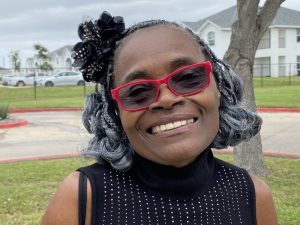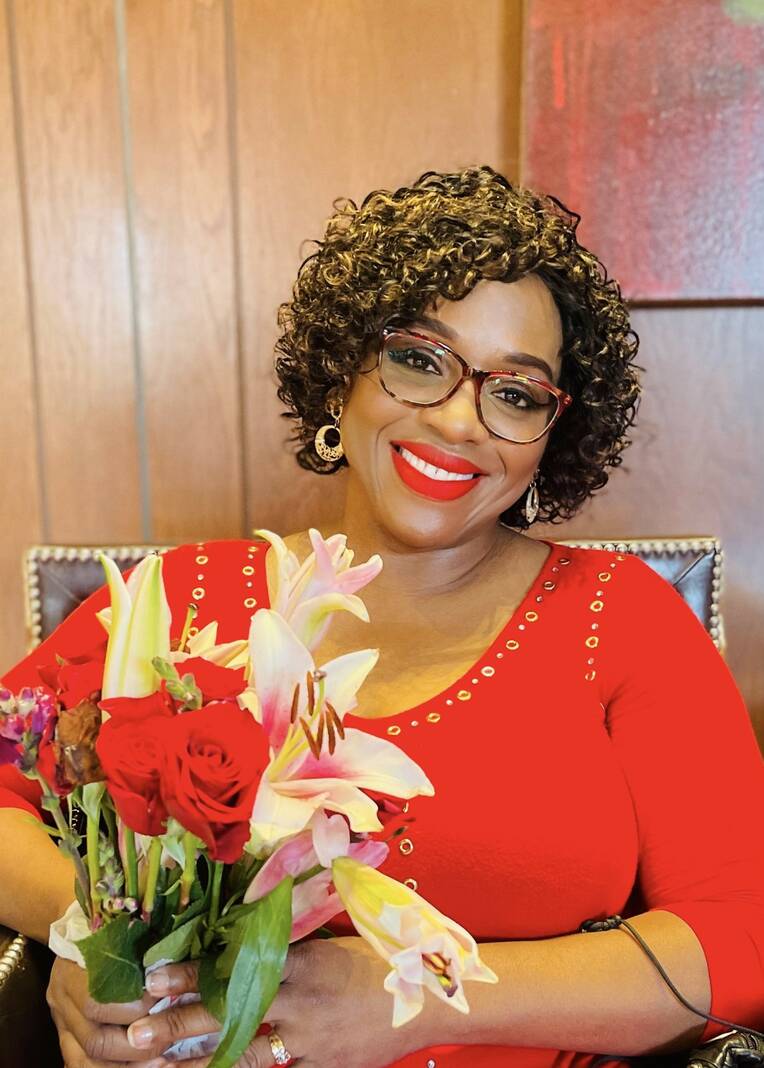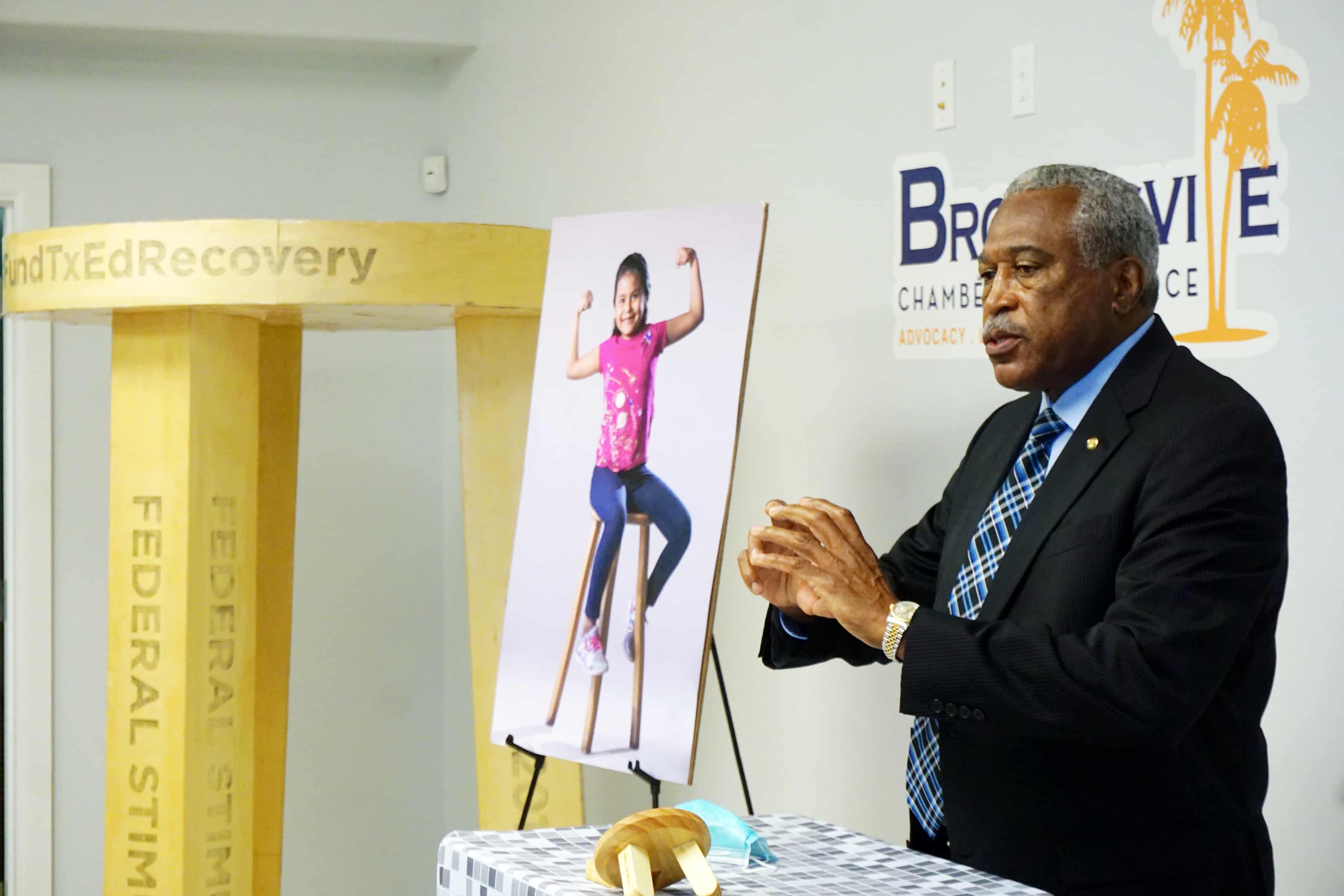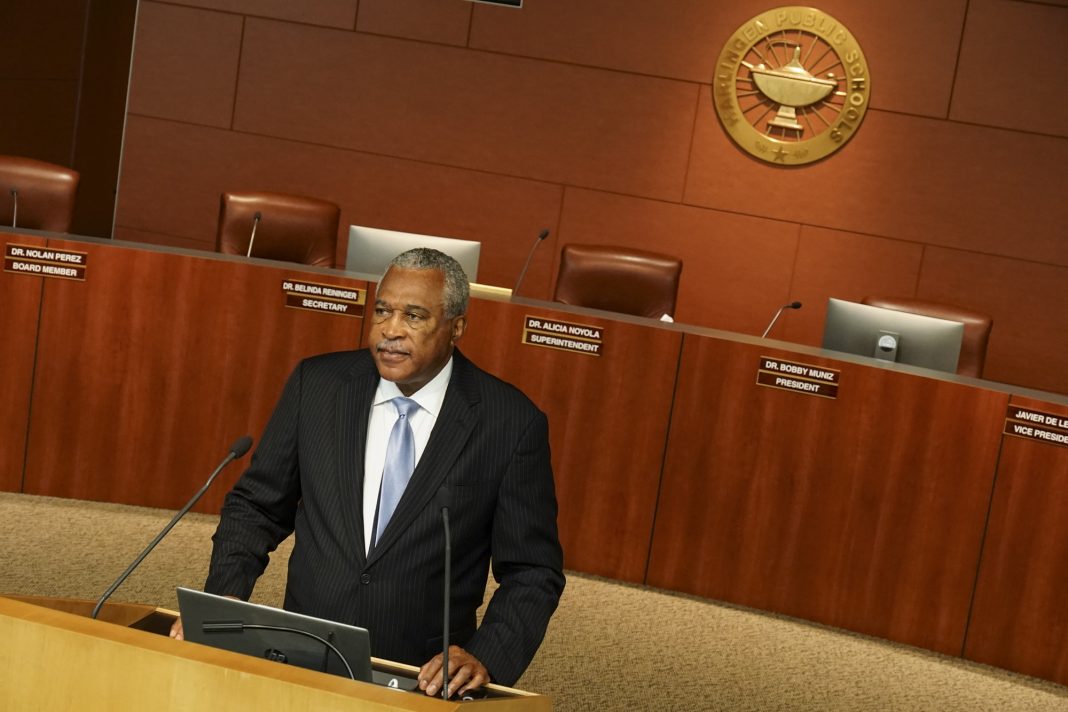
HARLINGEN – Meizie Salinas remembers most vividly the moment she and her mother had to move to the back of the bus.
“It’s a better view,” her mother told her. The perfect answer.
February is Black History Month, but Black history extends centuries into the past to the days of the Malian Emperor Mansa Musa and his fabulous wealth. It extends to the intellectual center of Timbuktu, the glass makers of the Igbo-Ukwu in Nigeria, and the scholars of the Songhai.
Fast forward from those earlier times and the descendants of these scholars and emperors and artisans found themselves picking cotton in Georgia and Mississippi and Alabama. So complete was the dehumanizing effect of the American slavery with its brutalities of random torture and the selling of children and wives and husbands that many had no awareness of the greatness of their own histories.
And then …
Harriet Tubman. Frederick Douglas. W.E.B. Dubois. C.J. Walker. Thurgood Marshal. Martin Luther King.
The list is endless and so are those today who celebrate Black History Month.
“For me, Black History Month serves as a time to recognize and celebrate the achievements and contributions of African Americans to the nation’s history, culture, and society,” said Jarmain Walton, a military veteran and owner of Glizzy’s Food Hut.

Those contributions have been many. Consider the agricultural advances by George Washington Carver, the inventions of Lewis Latimer, the literary works of W.E.B. Dubois, and the music of Dizzy Gillespie and Louis Armstrong.
And today there are the accomplishments of Walton, a businessman; George McShan, who is a retired educator; Meizie Salinas, who is a retired Army chaplain and a pastor; and Maureen Rattray, a nurse and educator.
“Black history month gives us the opportunity to understand Black histories,” said Rattray, a native of Jamaica who now teaches at the Valley Baptist School of Vocational Nursing.
She first immigrated to Canada and remembers most clearly the audacity of a French-Canadian who told her she “needed to go back to Africa.” She’s from Jamaica …
Along with so many injustices and the remembering of those injustices and the stupid utterances, Rattray said there’s more to Black history than racism and slavery.
“It’s about spotlighting and showcasing Black people and our achievements and people like Dr. Martin Luther King Jr., a civil rights icon,” she said.

The mere mention of that name beckons remembrances of the iconic leader delivering his famous “I have a dream” speech from the steps of the Lincoln Memorial in Washington, D.C. to throngs of people.
“I have a dream,” he said, his voice sailing across the Washington Mall, “that my four little children will one day live in a nation where they will not be judged by the color of their skin but by their character.”
He also emphasized the importance of vocal and visible activism.
“In the end, we will remember not the words of our enemies, but the silence of our friends,” he said. “Our lives begin to end the day we become silent about things that matter.”
He also emphasized the importance of vocal and visible activism.
McShan has expressed the concern that much of Dr. King’s dream has yet to fully materialize as the reverend would have liked. Much of that is due to excessive compromises related at least in part to special interest groups.
“You have a plant that’s not being nourished,” said McShan, who served on the Harlingen school board for many years and is now on the board of the Boys and Girls Clubs of Harlingen.
“A plant has to be nourished to become a strong plant, and I think the same thing with people,” McShan said. “We need to make sure they have support systems that will allow them to flourish. So I think that that’s the issue. Unfortunately partisanship rather than partnerships and collaboration have been the order. People have been going along with individual special interests and disengaging from what democracy is all about and what the intention of the constitution really meant. And once we lose sight of that we have situations we’re in now.”

There are many figures of African American history whom McShan admires. One of them is former Secretary of State Gen. Colin Powell who was also chairman of the joint chiefs of staff.
“Politically he was Republican but he had convictions and beliefs that were very much about the Constitution of America,” he said. “The thing that got me about him was that he stayed with his principles. He served as Secretary of State, he was Chairman of the Joint Chiefs of staff, the highest military rank, and he did not let partisanship affect him to my knowledge.”
This matter of principle seems to be the foundation of effective activism and advocacy. Principle is crucial when facing major circumstance with a volatile opponent. An example which comes to mind is the day Rosa Parks refused to give up her seat to a white man in Montgomery, Alabama. It was December 1955 and Parks had had enough.
Everybody had, and the incident sparked the famous boycott of the city transit system. Malcom X and Dr. King stood their ground and remained true to their principles, knowing that at some point they would be assassinated, which they were.
The memories of these things still have a presence in history, especially with the racial disturbances in our contemporary time and the uneasy feeling that little has changed.
In these times people begin to remember again the social unrest of the past.
Salinas remembers the removal of typewriters from her sister’s Black high school in Oklahoma to serve white schools.
She, like so many others, wonders where America’s racist elements will appear next, and what they will bring with them in the society of the future.
But she also knows strong people of great principle will be there waiting when the brutalities appear and ready for another battle to defend humanity.
Harlingen will celebrate Black History Month on Saturday at 9 a.m. when there will be a Texas Historical Commission marker installed and dedicated at the Callandret School in San Benito. Afterward, at 1 p.m., there will be a program at the Harlingen Convention Center with Mary R. Benton giving the keynote speech.





